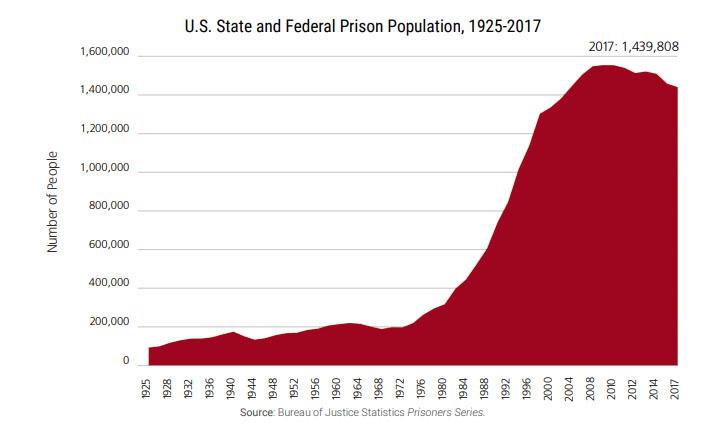Where the Skies are Blue Utopias, suffering, and hope. By Sophie Levenson Just as daylight fades into darkness and the moon makes way for the sun, happiness must exist alongside suffering. A painless life may be desired by nearly all people, but the fact of the matter is that there are too many obstacles inherent in human nature and society to allow for a life lived completely devoid of misery. As a race, we have somewhat clouded the meaning of the word “happiness.” The idea of fully-encompassing joy, in essence, is a beautiful one, and even perhaps an essential one. But in modern society, happiness has turned into one more thing to achieve. If one lacks happiness, they are under an immense amount of pressure to attain it. And then they must compare their happiness to that of the rest of the world, something that can only be damaging. It becomes more and more difficult to separate genuine happiness from the illusion. Either perfect happiness is hidden excruciatingly well, or it is just another cruel joke, courtesy of society. It is nonetheless ingrained in our minds that we must find happiness, the closest thing to perfection in our minds. The concept of a perfect life is a strange one. Perfection, the way that we typically see it, is flawless. It is a state of absolute happiness and the absence of suffering. But perhaps this idea, this definition, is itself imperfect. Perhaps “perfection” is something else entirely. In a mathematical sense, a perfect something is complete. It has all the things that it should, or ever would, require. From this angle, a perfect life is absolutely achievable, depending on one’s own subjective interpretation of “perfection.” A life can be full with all of the things that one may want or desire; and thus from an individual perspective, a perfect life may very well be in the books. 36
However, on a larger scale, a perfect world is impossible. Human beings are in constant competition with one another: individually, nationally, continentally. There are, of course, plenty of “good” people in the world, but there has never been enough selflessness among humans to solve greater suffering. There are innumerable factors that can cause suffering in an individual’s life. There are small afflictions, simple things, like heartbreak and loneliness and a lack of success. There are worse things, more powerful afflictions, like abuse and illness. And then there are tragedies that put dents in the world: famine, poverty, hate, oppression, murder. What if there were a place in which we could escape the suffering that pervades human life? A place of perfection, where we could be happy, always, free from the chains of being human and the various problems that we have created for ourselves? For they are, truly, problems prescribed by none other than ourselves.
However, on a larger scale, a perfect world is impossible. In 1516, in the tumult of the Protestant Reformation and the abysmal reign of King Henry VIII, High Chancellor Sir Thomas More published his legendary book Utopia, along with the word itself,












